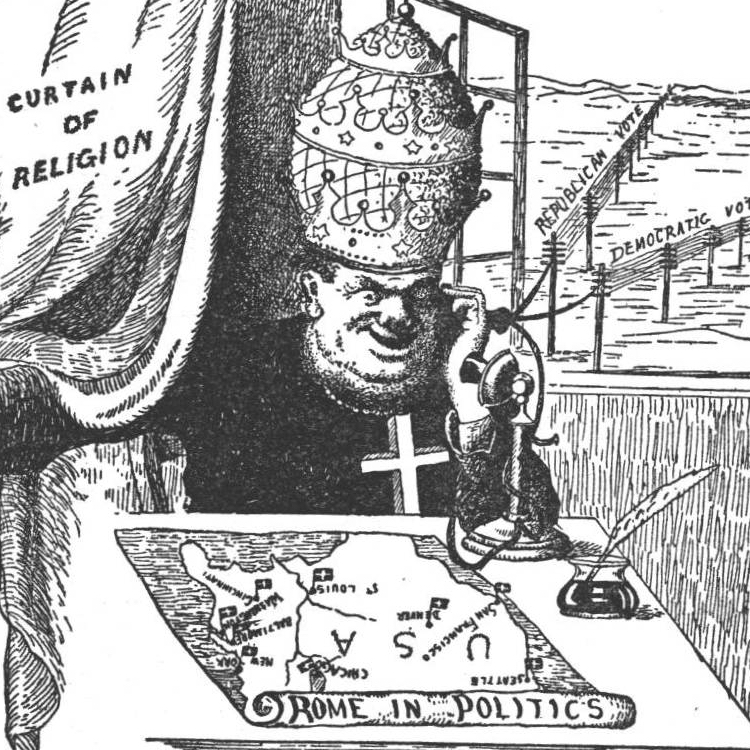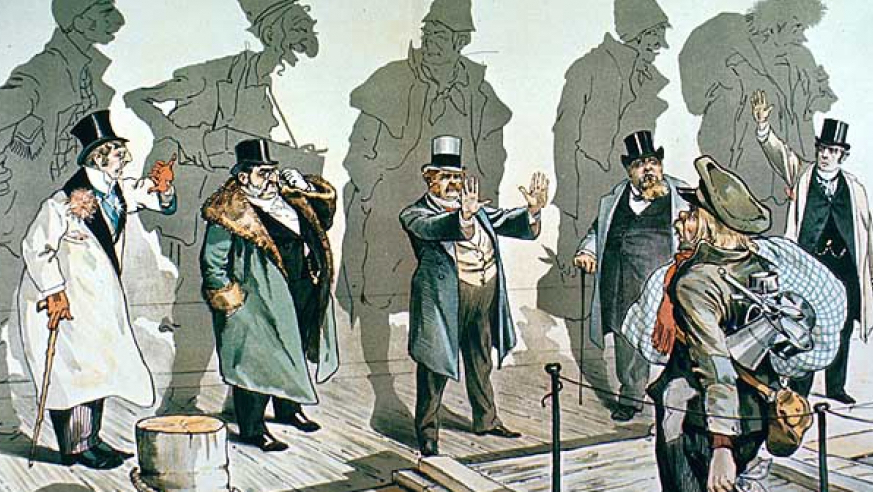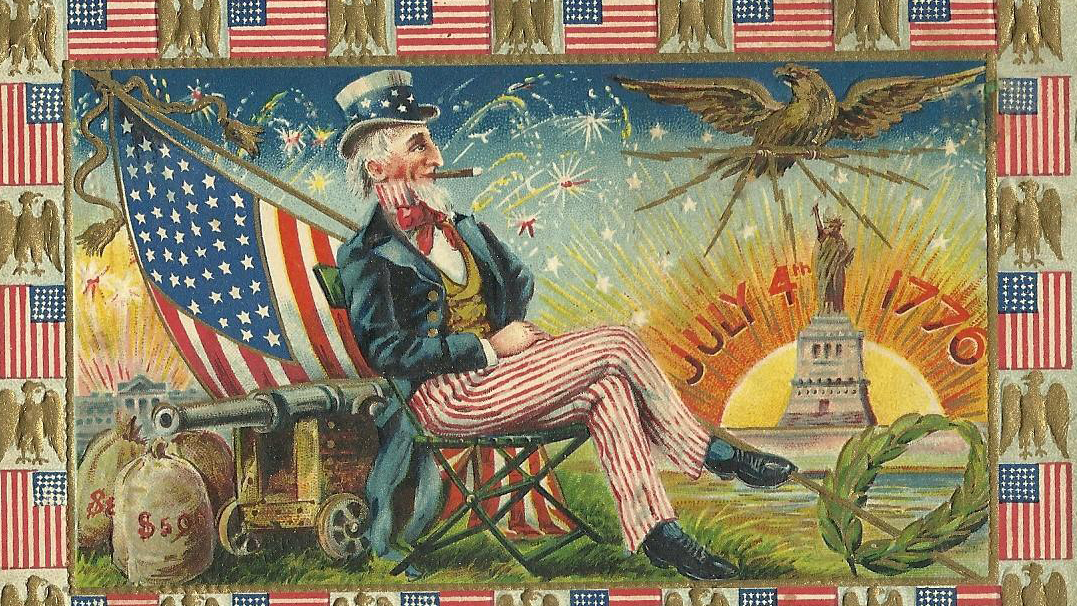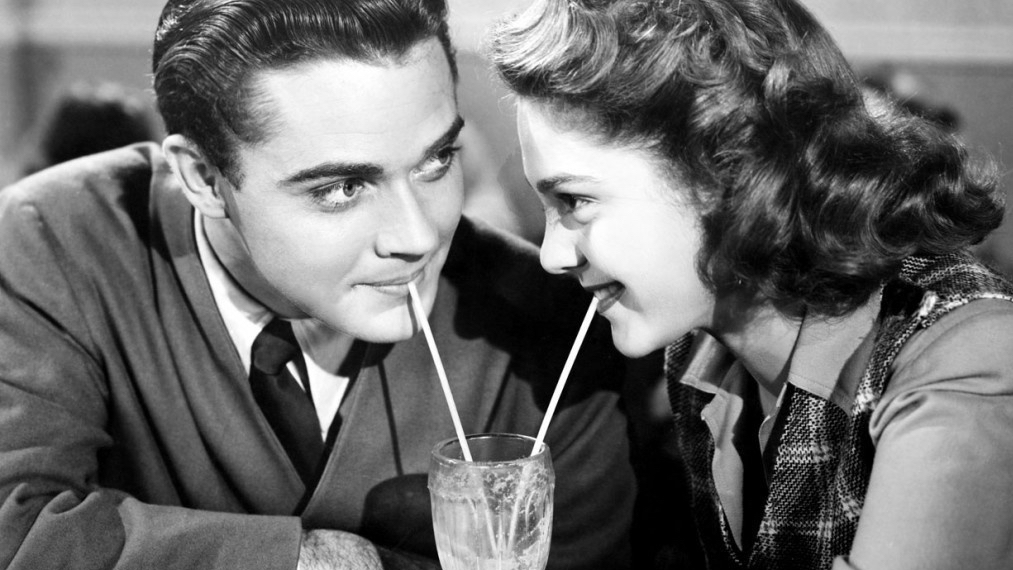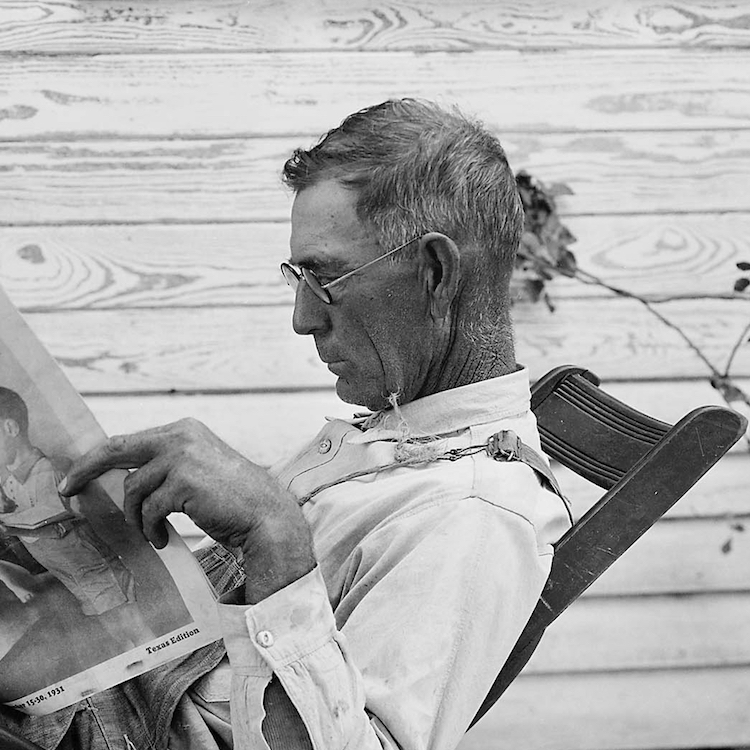The American or Know-Nothing party was a major political movement in the United States during the 1850s, on the eve of the Civil War. Their chief goal was to prevent Catholic immigration into the country, from places such as Italy and Ireland, believing such newcomers to be agents of the Pope, who had designs on the country.
The Party acquired their most well-known nickname from their habit of answering questions about their doings with “I know nothing.” They also occasionally called themselves “The Supreme Order of ’76”, or ironically enough, Native Americans.
Such secretiveness carried over into their activities with each other, especially with the initiation of new members.
To begin with, the national Party organization had a “Grand Council” of high-ranking members for each state. The Grand Council would oversee local Councils in that state. Occasionally the local Councils were called Lodges or Wigwams.
One could form such a local Council by presenting a petition signed by at least 13 citizens, the number perhaps referring to the original 13 colonies. There was also a fee of $12.00. The Grand Council would then issue a charter, and the newly-formed local Council would work on increasing its membership. Sometimes the local Council gave itself a name, such as the “Ethan Allen Council, No. 34.”
These local Councils would approach potential members and ask them to consider joining—–an individual couldn’t just ask to join up on their own.
First, then, a local member would propose a name to the Council, without the person’s knowledge. Three negative votes were enough to cancel the nomination. But if the candidate was given the go ahead, said candidate would be approached—in secret—and asked to appear in the ante-room before the local Council room.
Just getting indoors was a ritual in itself, by the way. One had to knock on an outer door several times, at which time a doorkeeper opened a door panel. The newcomer or member would ask “What meet here tonight?”. Then the doorkeeper would of course answer “I don’t know.” One would then say, “I am one,” and then enter. There was a second door too, at which one knocked four times, and which required the password “Thirteen,” again perhaps referring to the original 13 colonies.
If interested, the newcomer would appear in said ante-room, and recite a lengthy oath. The oath included lifelong promises never to tell of anything about the oath itself, the initiation ceremony, what the local Council did, or who the newcomer saw there.
Then the budding member would be asked questions about name, address, ancestry, political beliefs, and of course, religion. If all went well, the candidate was then taken to the President of the local Council, who administered an even longer oath, again promising to spill nothing about the Party.
Then a “Judge Advocate” showed up, and gave much the same admonitions as before, adding that the new member could not reveal Party secrets even under oath in a court of law.
An “Instructor” now took his turn, and taught the newcomer various secret signs and handshakes, said newcomer now being a probationary “Master of the First Degree.” If the Master behaved, in two or sometimes three weeks, this became a Second Degree position, with full membership. This led to the longest oath so far, again enjoining the strictest secrecy upon the member.
The member then had to listen to a speech by the Judge Advocate, which described the Roman Catholic Church as follows: “…our foe is as secret as the grave, as cunning as the fox, and as insidious as the serpent. He works in the dark, and never shows himself to his victims. But his existence we know only by his pestilential breath and slimy tracks, and other unmistakable evidences which we can everywhere see and feel.”
After 3 weeks in the Second Degree, one could apply for the Third Degree. To reach this top level involved the longest oath yet, including a wish that if the member ever revealed anything, that foreigners would trample on the member’s grave, followed by curses from the member’s children and grandchildren.
Each Degree of membership also involved paying a ten-cent fee, plus a further fifty-cent fee to enter the ante-room. A Third Degree holder was in return issued a membership card, good for admission to any local Council in that state.
So, in short, for an hour or two of oaths and speeches, plus a grand total of 3 x sixty cents, or $1.80, one could be a top-level official Know-Nothing, though of course, many other people voted for the Party who weren’t members.
The Party broke up in the late 1850s over the slavery issue, oaths, speeches, cards, and all.
[hr style=”striped”]Sources: The New York Tribune: March 25, 1854, page 6; August 10, 1854, page 6; and September 2, 1872, page 5.

